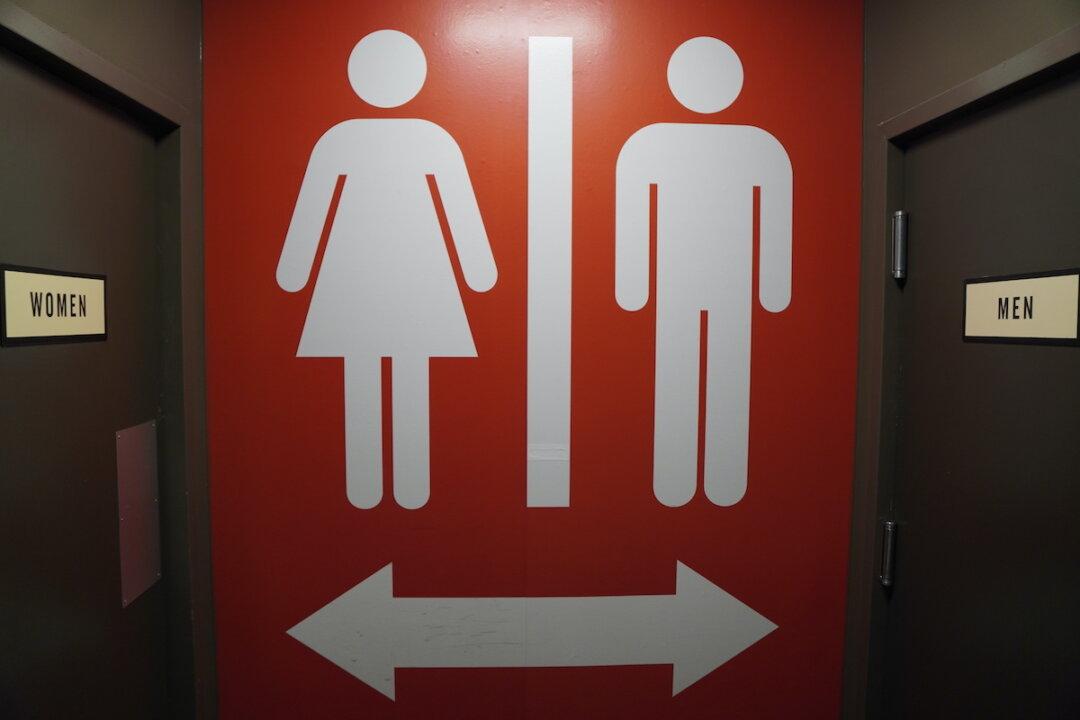North Dakota Gov. Doug Burgum has signed into law a bill that keeps access to bathrooms, locker rooms, and shower rooms to people of the facility’s designated sex, no matter their preferred gender.
The restriction applies to dorms at state-run colleges and universities, prisons, and correctional facilities for youths and adults. Those who wish to use bathrooms and showers not designated for their biological sex, including people identifying as “transgender” or “gender-nonconforming,” will need to get permission from an administrator or staff member at the facility.





